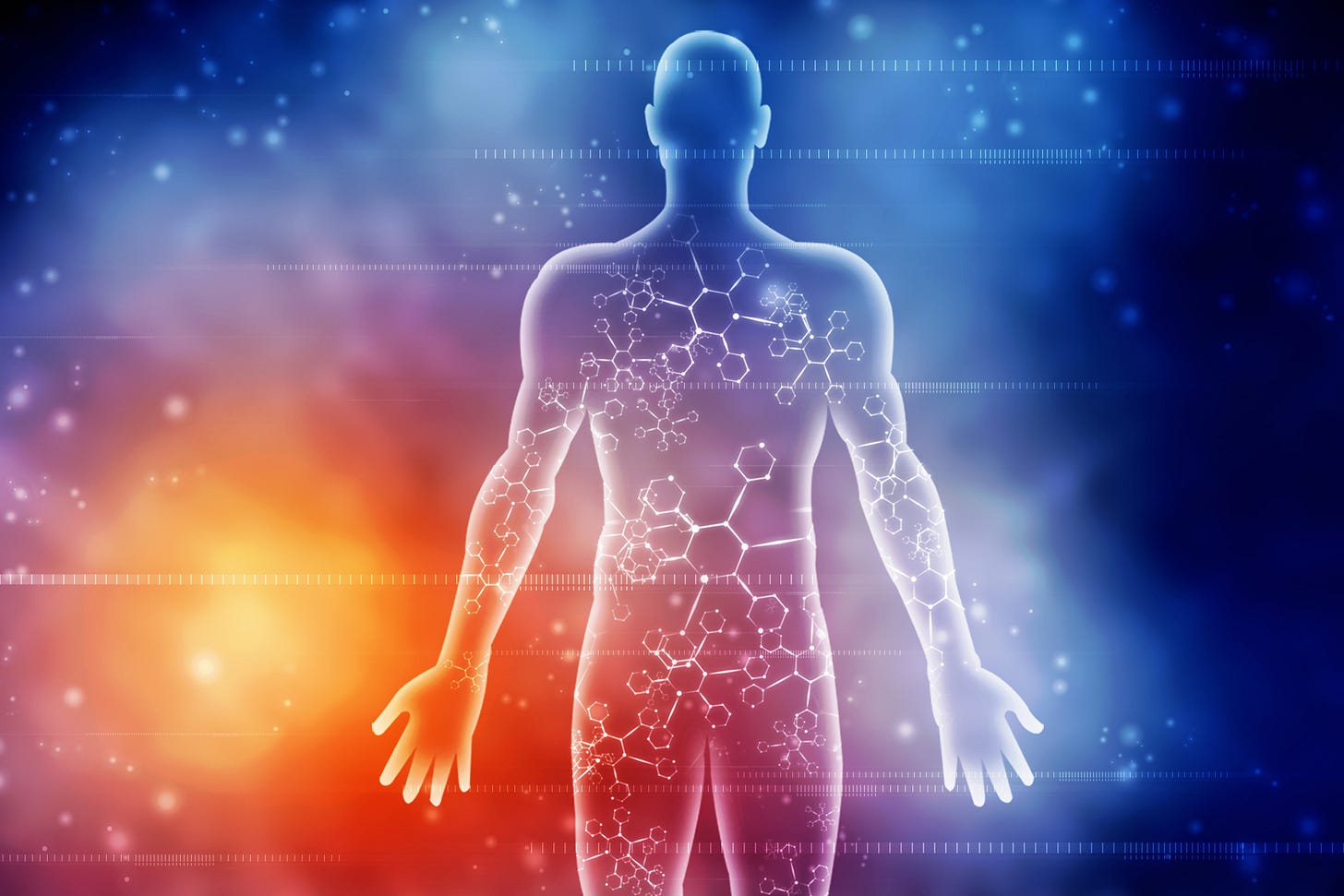How do Qi (Energy) and Blood work together to promote Health and Vitality in Traditional Chinese Medicine and Qigong?
In traditional Chinese medicine (TCM), Qi and Blood are fundamental concepts that play a vital role in maintaining health and balance within the body. Qi can be loosely translated as "vital energy," while Blood refers to both the physical blood and the broader concept of nourishment and circulation. Understanding the relationship between Qi and Blood is…



